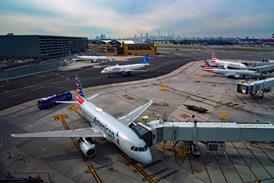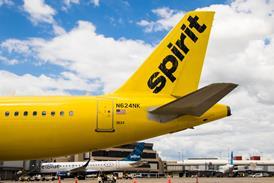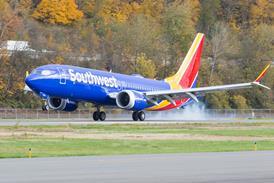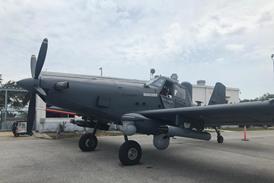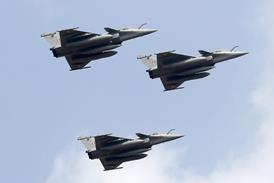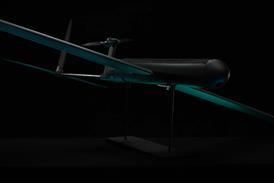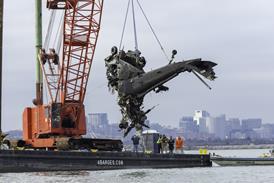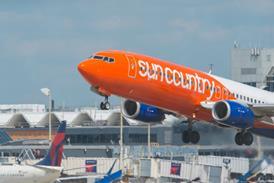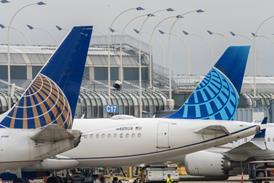Rolls-Royce has unveiled its involvement in an aircraft electrification project that could ultimately deliver a 19-seat passenger type powered by a hybrid-electric powertrain.
Rolls-Royce has unveiled its involvement in an aircraft electrification project that could ultimately deliver a 19-seat passenger type powered by a hybrid-electric powertrain.
Under Project Fresson – named after pioneering Scottish aviator Ted Fresson – R-R will participate in an initial effort to design, manufacture and integrate a hybrid-electric powertrain onto a nine-seat Britten-Norman BN-2 Islander.
R-R says it will probably replace the Islander’s twin Lycoming piston engines with a series-hybrid design based on its M250 helicopter turboshaft.
The manufacturer has previously run ground trials in the USA using the M250 as a generator within a notional hybrid system, in order to better understand the technology.
Phil Curnock, R-R chief engineer, civil future programmes, says the architecture would be ideal for the short-distance island-hopping routes common in the north and west of Scotland and elsewhere.
“This could be the first example where fare-paying passengers are flying on such a [hybrid] system,” says Curnock.
Using an existing platform such as the Islander, rather than a clean-sheet aircraft, helps to lower the development risk, he says.
Curnock adds that the concept would also be scalable to power a passenger aircraft of around 20 seats.
Project Fresson lead Cranfield Aerospace Solutions confirms that in follow-on phases of the programme “the intention is to design and implement a similar modification, this time to a larger existing 19-seat sub-regional aircraft type, continuing with partners to design and build a new 19-seat aircraft”.
Such a design would be “optimised for emission-free propulsion” and would use the “certified propulsion systems architecture from the earlier phases”, it says.
Cranfield Aerospace intends to make the system available to existing Islander operators for retrofit via a supplemental type certificate.
Other partners in the project include the Denis Ferranti Group (which will supply electric motors), Delta Motorsport (battery packs), and Warwick University offshoot WMG (battery testing). It has also received funding of £9 million ($11.6 million) from the UK’s ATI Programme.
R-R is involved in several projects that are investigating the greater use of electric power in aviation, including the E-Fan X programme with Airbus.
This will use a 2MW hybrid-electric propulsion system, replacing one of the engines on a BAE Systems Avro RJ100 regional jet.
The airframe for that effort (G-WEFX) has now arrived at Cranfield in the UK for modification; first flight is planned for 2021.

